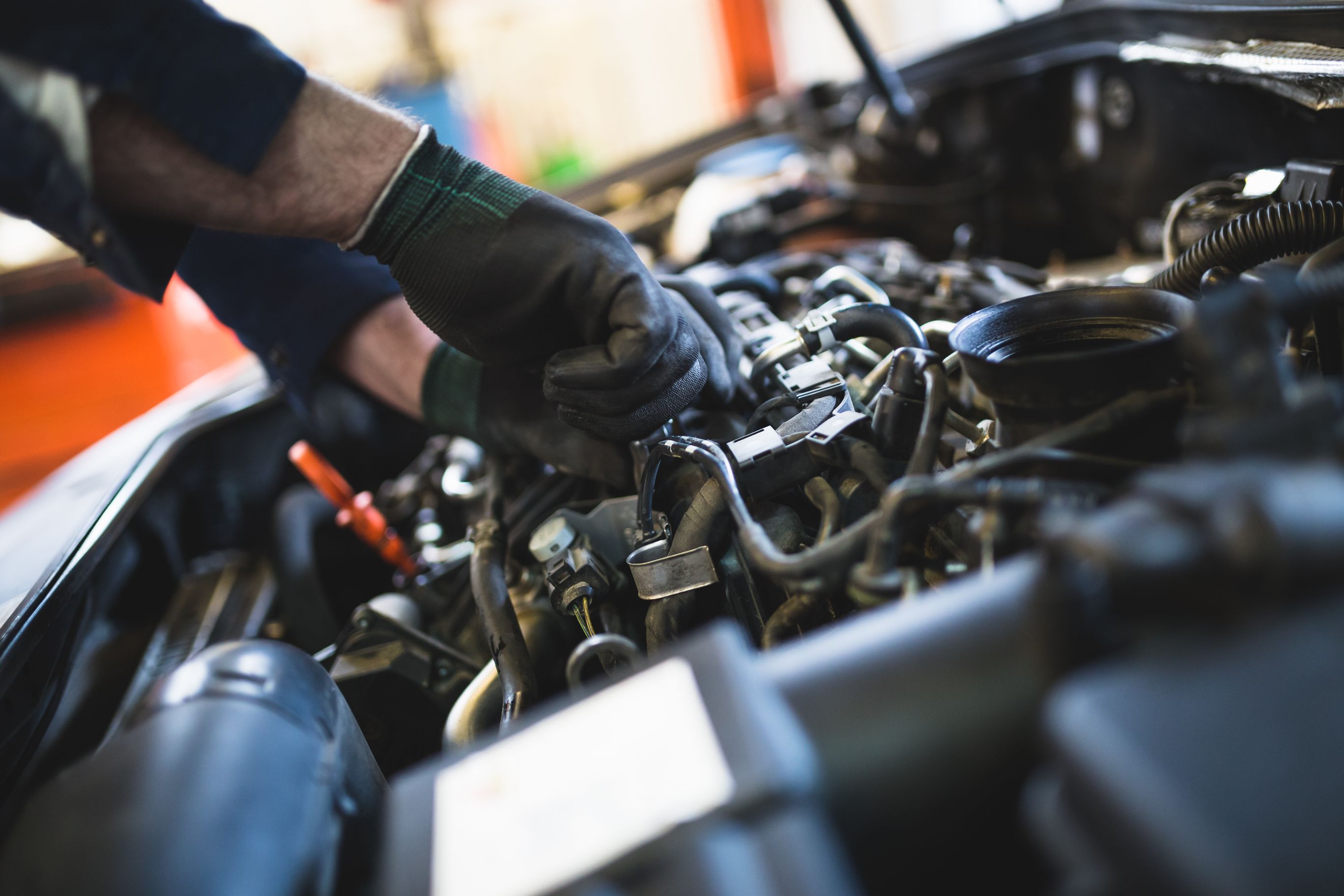Does my Car Need a Tune Up How to know when
How Important is a Tune-up in Today’s Computerized Auto World? Does my car need a tune up? How to know? Many critics say a car Tune-up is an old-fashioned service. Tune-ups consist of replacing parts to ensure maximum engine performance and efficiency for the ignition and fuel systems. A traditional tune-up has not been feasible or needed for years. The remainder of today's tune-up services includes new spark plugs and replacement of cabin air filters. Both are just as much part of your vehicle's maintenance schedule as it is to test tire pressure or get an oil change — and today's "tune-up" services are likely to be more like car check-ups.
What is the definition of today’s tune-up?
It can be an order of necessary maintenance service, as for different people, it can mean different things. Some get engine tune-ups that involve changing a number of components to ensure proper functionality.
Tune-up service consists of two processes, the inspection, and the actual tune-up. The inspection includes a visual inspection of the fuel system components of the engine to ensure that the fuel filter is clean and unblocked, that the fuel pump has not been damaged, and that the fuel injector is also clean.
The inspection also covers the appearance and performance of spark plugs, checking the PCV valve of the engine, timing of ignition, air filters, and levels of oil and coolant.
The tune-up service depends on the test results, but to ensure that your engine receives the right air, fuel, and spark ratios, this may involve changing the cap, rotor, spark plugs, wires, and PCV valve.
How do You Know Your Car Needs a Tune-up?
It's easy to get upset when your car isn't running as it should. It's a possible indicator that there's a deeper problem when your car does something funny or unwanted.
You can save yourself some time and a headache by familiarizing yourself with common warning signs and getting them in the shop when something comes up. consider some of the most common indicators that are listed below.
- Engine lights come on: It's always distressing to see your dashboard illuminated by these little check engine lights, and you might be tempted to ignore them. But for a reason, those lights are coming on. It is the diagnostic device of the car which alerts you to an urgent maintenance issue. When the lights come on, taking the car in for prompt maintenance is in your best interest.
- Stalling: To accelerate, always push your foot on the pedal, and the car is just lagging there for a moment before finally moving? This stall could be a warning sign, and you don't want to ignore it; if nothing else, stalling itself is risky.
- Fuel economy: To accelerate, always push your foot on the pedal, and the car always lags there for a moment before finally moving? This stall could be a warning sign, and you don't want to ignore it; if nothing else, stalling itself is dangerous.
- Brake problems: Any brake problem is a security concern and something to investigate immediately. Brake issues come in a variety of sizes, and in some situations, it's as basic as a stiff or spongy brake pedal. Stay aware of the loud brakes, too. Sounds of moaning or scraping are common symptoms of a failed brake system.
- Rough shifting: The automatic transmission system of your car can manage the cycle of gear shifting very smoothly. If you find that the shift suddenly lurches around you, that could mean that there is a problem of transmission.
- Vibrations or shaking: When braking, turning or starting the vehicle in the steering wheel or the seat creates a wobbling or trembling feeling, there may be a number of problems.
Are Tune-ups Necessary?
Search in the owner's manual for your car (or separate maintenance schedule) to find out what the manufacturer suggests, and see if you can even find the word "tune-up."
Some auto experts say it is more important to follow the maintenance schedule set up by your dealer. They can now set your car to automatically remind you to get an oil change and tire rotation every 3,000 miles depending on the vehicle. It all depends on your vehicle’s preventive maintenance requirements.
Category: Auto Repair - Tune-Up
Business News
Popular Posts
- Universal Pursuit of Happiness - Wisdom from World Religions
- Overcoming Ego and Self-Centeredness - Lessons from World Religions
- Transcending Materialism - Spiritual Practices from World Religions
- Overcoming Prejudice and Intolerance - Guidance from Global Faiths
- How Mind Balance Can Improve the Mindsets of Employees
- Interfaith Insights by 1WorldPeace - The Top 100 Universal Beliefs in Global Spirituality
- Bridging Beliefs - Finding Common Ground in Love and Respect
- The SmartGuy Vision - A United Future Through Interfaith Love and Respect
- A Cautionary Vision - The Grim Future of a Divided World Without Love and Balance
- A Tapestry of Faiths - Exploring the Common Threads in World Religions
- Fostering Harmony Among Christianity Islam Buddhism Hinduism and Judaism
- Preparing Kids for Adulthood - 15 Vital Skills They Wont Learn in School
- Navigating Diversity - Jerusalem's Tactical Approach to Interfaith Harmony
- Clearing Mental Plaque: The Path to Enhanced Communication and Divine Connection
- Why Return to Jesus Christ and the Church
- Top 50 Ways to Live Longer
- Adventurous Romance -The Key to Enhancing Relationship Chemistry
- Pork Tenderloin with Mustard Cream Sauce
- Navigating Technology and Media for Optimal Mental Well-Being
- Understanding the Link Between Mental Health and Substance Abuse
